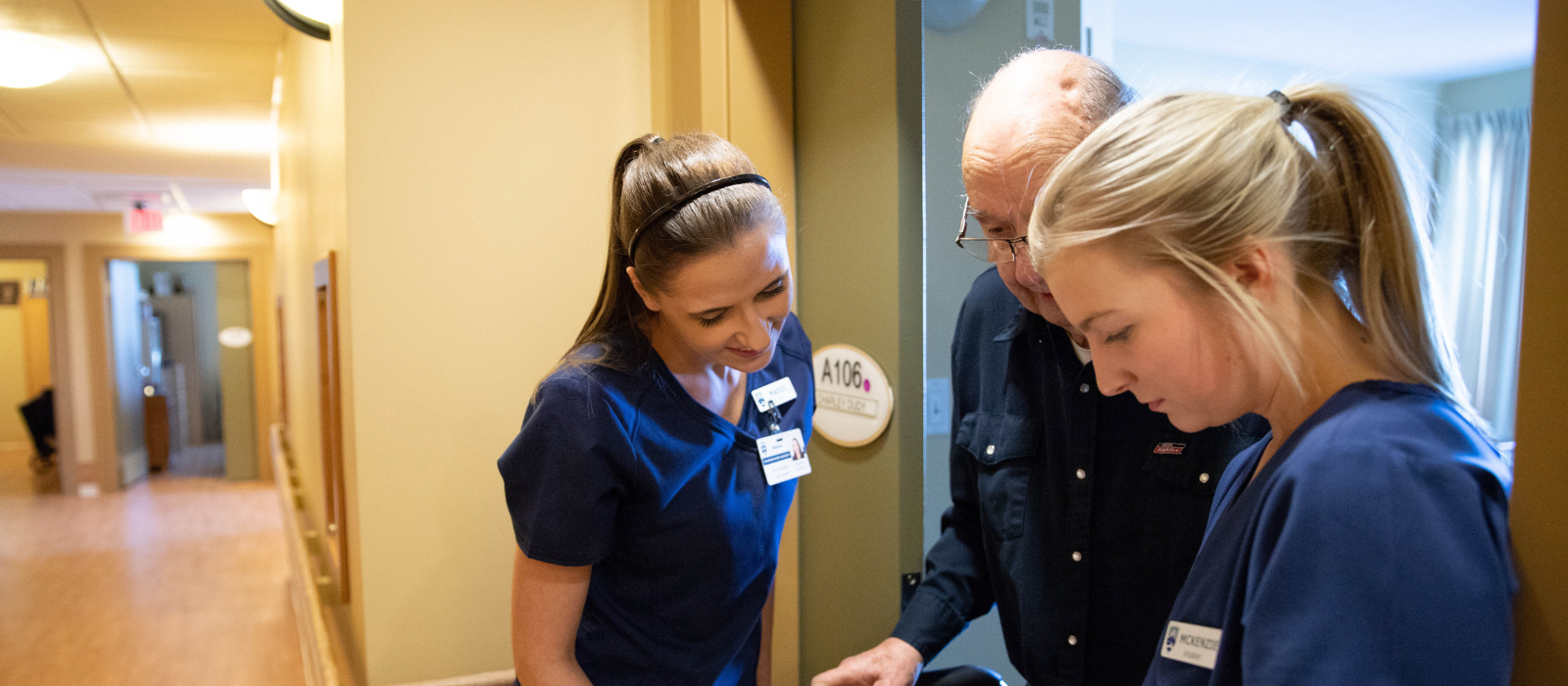Making a difference for Canada’s aging population


Seniors are the fastest-growing demographic in Canada, projected to make up a quarter of the population by 2068. Universities are helping Canada prepare for the future and support healthy aging through research on senior care, identifying practical solutions to everyday problems and changing the way we think about aging.
Almost 20% of the Canadian population is over 65 years old.
Source: Table 17-10-0005-01, Statistics Canada, 2022.
Canada’s universities have over 65 programs focused on healthy aging, like degrees in gerontology.
Source: Database of Canadian university study programs, University Study, 2023.
According to population projections, 21 to 29% of Canadians could be aged 65 or older by 2068.
Source: Table 17-10-0057-01, Statistics Canada, 2022.
Universities are dedicating resources to researching healthy aging and changing our perceptions of what it means to grow older. AGE-WELL partners with 18 Canadian universities and research centres to fund innovative one-year research projects on topics such as frailty prevention and supporting older caregivers of the elderly.
Many universities and affiliated institutions have research centres dedicated to aging across the country, one of the most recently announced being the Centre of Excellence for Healthy Aging at Cape Breton University. The Centre funds projects like the university’s Uggwata’q: Walking our Way to Wellness initiative which seeks to support healthy aging—specifically in Mi’kmaw and rural Cape Breton communities—by fostering intergenerational relationships and providing culturally and regionally effective community supports.
With a rapidly aging population, researchers are looking for creative and collaborative solutions to some of the most common daily problems facing seniors. Simon Fraser University’s Housing Solutions Lab looks to tackle housing affordability, senior isolation and climate action all in one go. Many seniors live in single-family homes and want to age in place. The Housing Solutions Lab connects older homeowners interested in home-sharing with compatible tenants who, in turn, provide important socialization and help with home maintenance.
In Ontario, McMaster University’s Digital Transformation Research Centre launched a mobile lab to remove barriers for people who are typically underrepresented in research, particularly seniors. Accessibility issues, reliance on home health care, frailty and other barriers often prevent seniors from participating in studies. By taking their lab directly to participants, researchers can include a broader segment of the population in their studies and reduce bias in their findings. As they study how different users interact with technology, their findings can ultimately enhance equity in research and help make products and services more accessible to all.